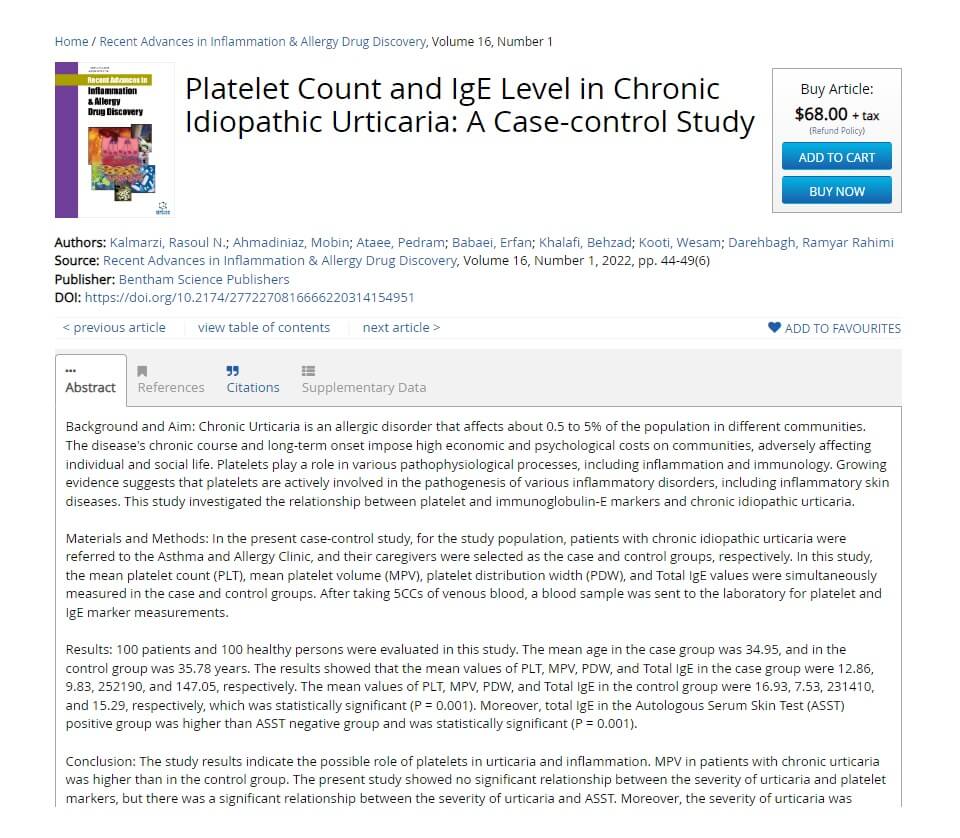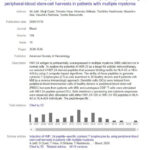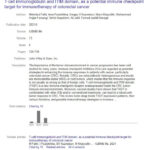Platelet Count and IgE Level in Chronic Idiopathic Urticaria A Case-control Study

Home / Recent Advances in Inflammation & Allergy Drug Discovery, Volume 16, Number 1
Recent Advances in Inflammation & Allergy
Drug Discovery
Platelet Count and IgE Level in Chronic Idiopathic Urticaria: A Case-control Study
Buy Article: $68.00 + tax (Refund Policy)
ADD TO CART
BUY NOW
Authors: Kalmarzi, Rasoul N.; Ahmadiniaz, Mobin; Ataee, Pedram; Babaei, Erfan; Khalafi, Behzad; Kooti, Wesam; Darehbagh, Ramyar Rahimi Source: Recent Advances in Inflammation & Allergy Drug Discovery, Volume 16, Number 1, 2022, pp. 44-49(6) Publisher: Bentham Science Publishers
DOI: https://doi.org/10.2174/2772270816666220314154951
< previous article view table of contents next article >
ADD TO FAVOURITES
Abstract References
55
Citations Supplementary Data
Background and Aim: Chronic Urticaria is an allergic disorder that affects about 0.5 to 5% of the population in different communities. The disease’s chronic course and long-term onset impose high economic and psychological costs on communities, adversely affecting individual and social life. Platelets play a role in various pathophysiological processes, including inflammation and immunology. Growing evidence suggests that platelets are actively involved in the pathogenesis of various inflammatory disorders, including inflammatory skin diseases. This study investigated the relationship between platelet and immunoglobulin-E markers and chronic idiopathic urticaria. Materials and Methods: In the present case-control study, for the study population, patients with chronic idiopathic urticaria were referred to the Asthma and Allergy Clinic, and their caregivers were selected as the case and control groups, respectively. In this study, the mean platelet count (PLT), mean platelet volume (MPV), platelet distribution width (PDW), and Total IgE values were simultaneously measured in the case and control groups. After taking 5CCs of venous blood, a blood sample was sent to the laboratory for platelet and IgE marker measurements.
Results: 100 patients and 100 healthy persons were evaluated in this study. The mean age in the case group was 34.95, and in the control group was 35.78 years. The results showed that the mean values of PLT, MPV, PDW, and Total IgE in the case group were 12.86, 9.83, 252190, and 147.05, respectively. The mean values of PLT, MPV, PDW, and Total IgE in the control group were 16.93, 7.53, 231410, and 15.29, respectively, which was statistically significant (P = 0.001). Moreover, total IgE in the Autologous Serum Skin Test (ASST) positive group was higher than ASST negative group and was statistically significant (P = 0.001).
Conclusion: The study results indicate the possible role of platelets in urticaria and inflammation. MPV in patients with chronic urticaria was higher than in the control group. The present study showed no significant relationship between the severity of urticaria and platelet markers, but there was a significant relationship between the severity of urticaria and ASST. Moreover, the severity of urticaria was


